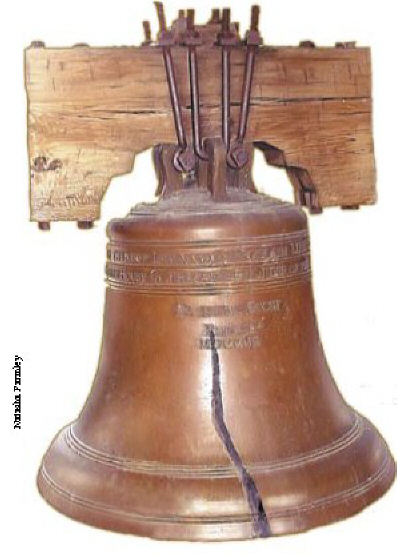Evidence for Inerrancy from a Second Unexpected Source: The Jubilee and Sabbatical Cycles -- By: Rodger C. Young
Journal: Bible and Spade (Second Run)
Volume: BSPADE 21:4 (Fall 2008)
Article: Evidence for Inerrancy from a Second Unexpected Source: The Jubilee and Sabbatical Cycles
Author: Rodger C. Young
BSpade 21:4 (Fall 2008) p. 109
Evidence for Inerrancy from a Second Unexpected Source: The Jubilee and Sabbatical Cycles
Introduction
In chapter 25 of Leviticus, the people were commanded to start counting the years on their entrance into Canaan. After six years of normal farming, the seventh year was to be a Sabbath rest for the land, reminiscent of the command to remember the weekly Sabbath that was given at Mt. Sinai. In the Sabbatical year there would be no sowing or reaping (Lv 25:4, 5). It was allowed, however, to eat the “Sabbath products of the land” (Lv 25:6; Hebrew shabat ha-arets). There is some discussion among commentators on the exact meaning of this term, and whether it is identical to or differs from what modern farmers refer to as “volunteer growth,” that is, produce that grows spontaneously from scattered seed of the previous year’s crop.
Israel came to Mt. Sinai two months after they left Egypt (Ex 19:1) and departed from the mountain almost a year later (Nm 10:11). Their time at the foot of Mt. Sinai was spent in making furnishings for the Tabernacle. It was during this period that the book of Leviticus was given to Moses (Lv 27:34; the views of scholars who think otherwise will be discussed later). Thirty-nine years later, near the end of the 40 years in the wilderness, Moses was given another command related to the Sabbatical year. At the start of each Sabbatical year, during the Feast of Tabernacles, the Law was to be read to all the people (Dt 31:10–13). This suggests that one of the activities that the people could engage in profitably during the year when no field-work was permitted would be the studying of the Word of God. Other legitimate activities would have been improvements to their house or developing some craft or skill. It was not to be a year of no arduous labor whatsoever, as on the weekly Sabbath; all that was forbidden was planting and harvesting in the fields and vineyards.
BSpade 21:4 (Fall 2008) p. 110

The Liberty Bell in Philadelphia PA was cast in England and shipped to Pennsylvania in 1752 in commemoration of the granting of the charter for the colony to William Penn in 1701. Inscribed around the upper part of the bell are the words, “Proclaim liberty throughout all the land unto all the inhabitants thereof,” taken from You must have a subscription and be logged in to read the entire article.
Click here to subscribe
